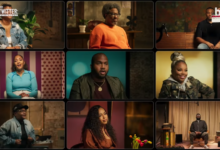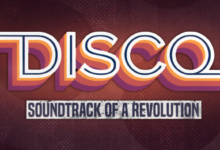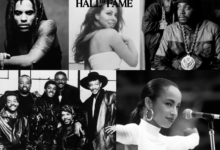JUVENILE IS ‘COCKY AND CONFIDENT’

Juvenile returns with Cocky and Confident on November 10th! Lead by the singles “Hands On You” f/Pleasure P and “Gotta Get It”
This is Juvenile’s 8th album overall. Juve recorded over 40 songs for this new album, narrowing them down to the core album selections. Guest on the new release include B.G., Pleasure P, Rico Love, and more
Widely recognized as one of New Orleans finest, Juvenile is founding member of the Hot Boyz and was member of the Cash Money army. Juve has been releasing huge hit records since 1998 beginning with his blockbuster smash, 400 Degreez which sold over 4.8 million albums. Since then, Juve’s sold an additional 4.6 million albums, releasing a series of smash singles like “Back That Azz Up,” “Slow Motion,” “Nolia Clap,” “Ha,” “Set It Off,” and more recently “Rodeo.” Juve’s most recent studio release Reality Check was his first album to debut at #1 with over 175,000 units sold first week and is certified Gold.








